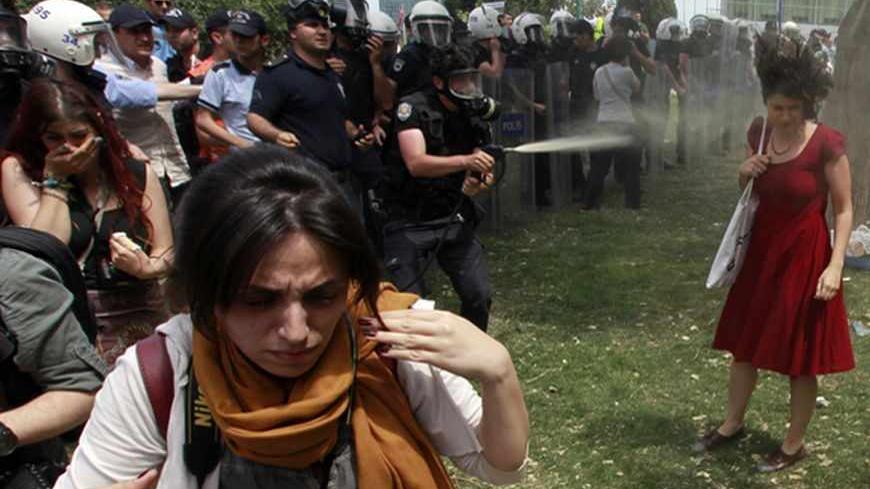Students of history often look for key dates that mark the beginning of change, revolution or a turning point in a nation’s political life.
Jan. 26, 1952, became known as Black Saturday in Egypt. Riots spread across the capital of Cairo, where 750 buildings were either burned or looted after British forces killed 50 Egyptian auxiliary troops in the Suez town of Ismailia. This paved the way for the Free Officers’ Revolution of July later that year.


